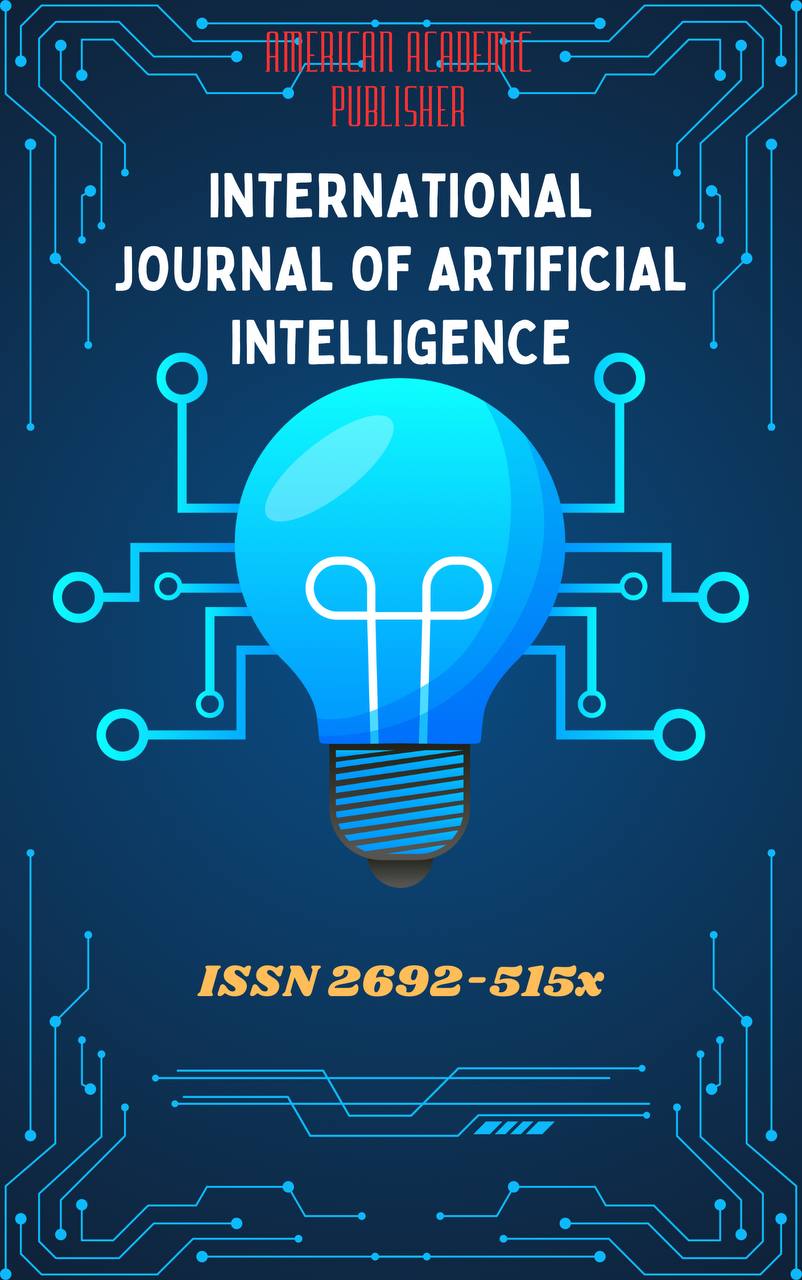 Articles
| Open Access |
Articles
| Open Access | DIAGNOSTIC TECHNOLOGIES
Asatullayev Rustamjon Baxtiyarovich,Kunarova Noroy , Trainee assistant at Samarkand State Medical UniversityAbstract
he role of a trainee assistant is becoming increasingly important in modern medical and educational institutions. A trainee assistant is a student or a young specialist who works under the supervision of experienced professionals to gain practical knowledge and develop essential skills. This stage helps future specialists connect theoretical education with real-world practice.Trainee assistants participate in patient care, laboratory activities, data collection, and academic research. Their work not only strengthens professional competence but also improves communication, teamwork, and decision-making abilities. In medical fields, trainee assistants play a vital role in learning diagnostic and treatment procedures while maintaining patient safety and ethical standards. Furthermore, the trainee assistant system helps institutions train qualified professionals who are ready for independent work. As technology and healthcare systems develop, the demand for skilled trainee assistants continues to grow, making their contribution highly valuable to modern education and healthcare.
Keywords
medical education, practical training, professional skills, clinical practice, healthcare, supervision, learning process, experience, teamwork diagnostic technologies, medical imaging, molecular diagnostics, artificial intelligence, laboratory testing, early detection, digital health, precision medicine, healthcare innovation.
References
Wilhelm Conrad Röntgen. (1895). On a new kind of rays (“Über eine neue Art von Strahlen”). In Proceedings of the Würzburg Physico-Medical Society.
Kary B. Mullis. (1983/1985). The invention of the Polymerase Chain Reaction (PCR). In NobelPrize.org facts
Raymond V. Damadian. (1969–1977). Development of MRI (Magnetic Resonance Imaging).
Geoffrey Hinton. (2017/2018). Deep learning and its applications in diagnostics.
Jennifer Doudna & Emmanuelle Charpentier. (2012). The discovery of CRISPR-Cas9 gene editing and its implications for diagnostics.
Eric Topol. (2019). On AI, digital medicine and personalised diagnostics.
Article Statistics
Downloads
Copyright License

This work is licensed under a Creative Commons Attribution 4.0 International License.

